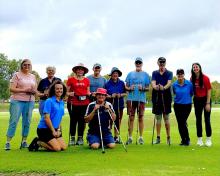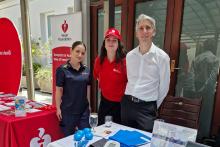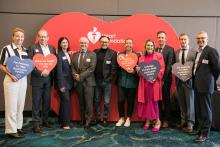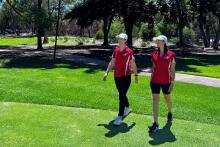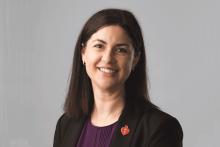
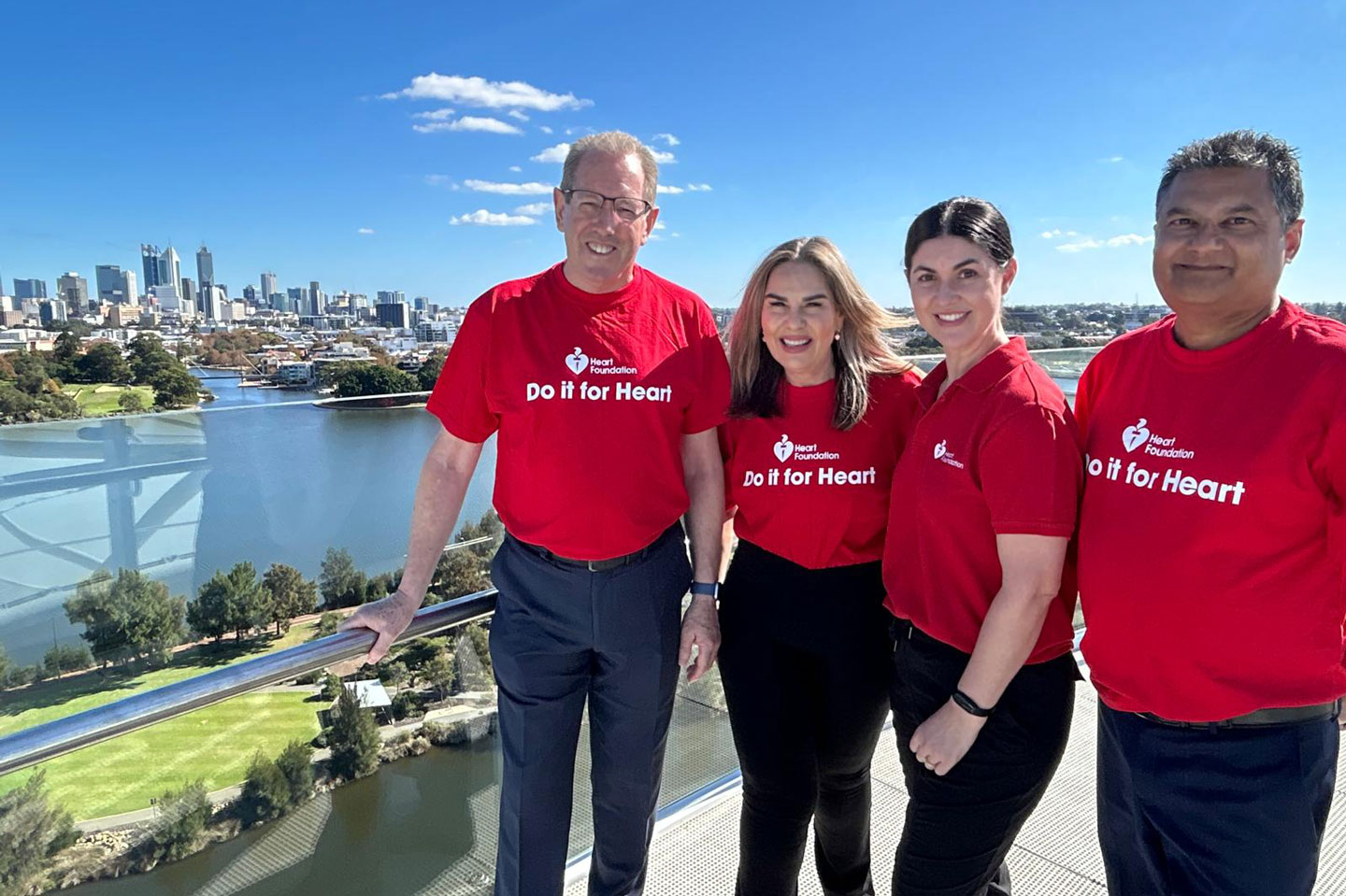
Even the healthiest and fittest among us are not immune to cardiovascular disease (CVD), a silent and persistent threat that can strike without warning.
While CVD is often associated with lifestyle risks—such as poor diet, smoking, and inactivity—it is also deeply rooted in genetics and undetected health conditions, meaning that even those who appear to be in peak physical condition are still vulnerable.
In Western Australia, CVD remains the leading cause of death, killing about one in four people. It also remains one of WA’s most expensive chronic health conditions, costing our healthcare system over $1.3 billion each year.
As General Manager of the Heart Foundation in WA, I’ve seen firsthand how deeply CVD can affect people’s lives. And while my organisation strongly supports CVD research and the incredible breakthroughs it can bring, we’re acutely aware that prevention should remain at the heart of our efforts.
Though data can dominate discussions about CVD, it's the personal stories that truly convey its profound impact. Powerful examples of this come from Fabian Ross and Marie-Anne Keeffe (MAK), members of the Heart Foundation WA Advisory Board, who are going to great heights to raise awareness, with the support of Chair Mike McKenna.
These committed individuals come to the cause with their own unique stories and motivations.
Fabian is a sports-loving former WA Super and WA Hockey CEO, who suffered a heart attack at just 49 years of age while out walking with his wife. Despite being active and fit, his family history of heart disease played a critical role in his sudden health crisis. His wake-up call came in the form of five bypasses, a shocking transition from being a picture of good health to facing a long recovery.
Remarkably, because of his fitness, he was back at work within 10 weeks.
Fabian’s experience underscores a crucial message: heart events don’t discriminate. He now urges everyone, especially those in their 40s and 50s, to schedule a free Heart Health Check, even if they feel fine.
Similarly, MAK, a communications director and former high-profile TV journalist, has spent a lifetime caring for loved ones affected by CVD. Her husband, father, and brother-in-law have all faced heart disease, yet she never considered her heart health—until doctors advised her otherwise. Despite exercising regularly, tests revealed high cholesterol and calcium deposits in her arteries, placing her at high risk.
“I'd never thought about my heart until recently, because I've been too busy and worried about everybody else's,” she shared recently.
This experience is one many mums, wives, and partners can relate to—juggling family priorities often leads us to neglect our own well-being.
MAK’s story also underscores the important connection between family history and health. An orphaned child, MAK knew nothing of her family’s medical history. In her mid-twenties, she was making preparations to meet her biological mother. However, the woman who gave birth to her as a teen was tragically killed in a car accident. Thanks to DNA testing through Ancestry DNA, she was able to find her biological father. He is now 73.
Now, MAK and Fabian are prioritising their heart health and using their experiences to encourage others to do the same. Through their work with the Heart Foundation, they’re helping to shine a light on the importance of acting early—before it's too late.
Their stories are a powerful reminder that no one is exempt from CVD. While fitness levels and appearances may suggest all is well, genetics, silent conditions, and overlooked symptoms can put even the most active individuals at risk—making it even more important to pay attention to our own health.
The takeaway? Consider your family history, and take proactive steps by listening to your body, scheduling regular health checks, and advocating firmly for the care you deserve.
If you're not sure where to begin, here are some simple, practical tips to help you take charge of your heart health:
- Go to the Heart Foundation website and access our Heart Age Calculator. It’s a simple tool that compares your actual age to the biological age of your heart. Link: heartfoundation.org.au/heart-age-calculator
- Book a Heart Health Check. If you’re aged 45 or over (35+ if you have diabetes, 30+ for First Nations peoples,), book your 20-minute, Medicare-subsidised assessment with your GP to manage your heart disease risk effectively. Early detection can be lifesaving. If your GP needs a reminder, it’s item 699 on the Medicare registry.
- Discover Heart-Healthy Eating by accessing delicious, nutritious recipes and dietary tips that support a balanced diet through the Heart Foundation’s online resources. Link: heartfoundation.org.au/recipes





